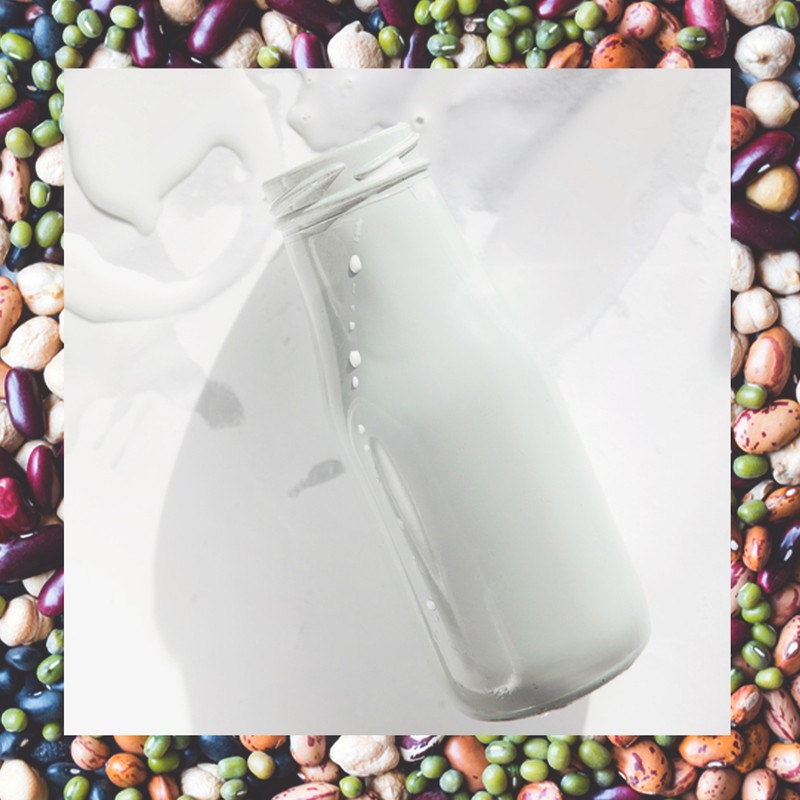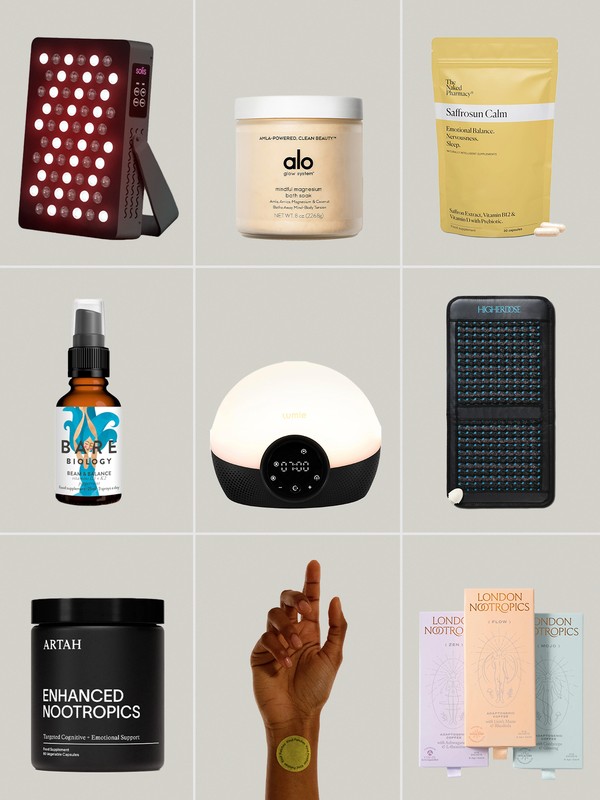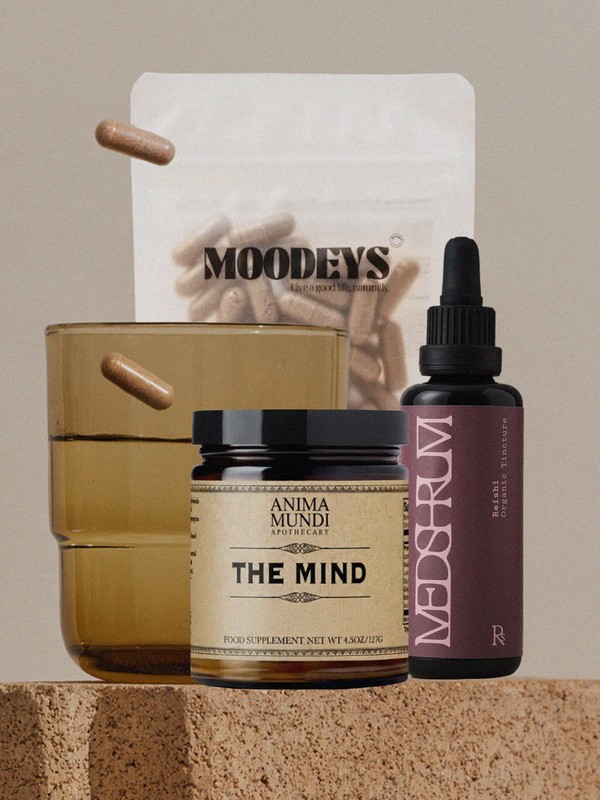A Dietitian’s Guide To The FODMAP Diet
What exactly are FODMAPS?
The acronym stands for fermentable, oligosaccharides, disaccharides, monosaccharides and polyols, a group of simple and complex carbohydrates found in a variety of foods spanning everything from onions and garlic to lentils and rye. Studies suggest a diet low in FODMAPs could help manage symptoms of irritable bowel syndrome (IBS).
How do they irritate the gut?
As Dr Megan Rossi explains: “Unlike other carbohydrates, such as glucose, FODMAPs aren’t completely absorbed in the small intestine, and instead, they end up in the large intestine, which may create gut symptoms for some people in two ways: by drawing fluid into the intestine and by bacterial fermentation.” Megan says that when people sensitive to FODMAPs eat specific foods, fluid is drawn into the intestine, increasing pressure on the intestine wall, which can result in mushy, loose stools for some, while others may find the start of their stool is hard, but the end is loose. Megan also explains that when FODMAPs enter the large intestine, they create a food frenzy for our gut’s microbes – they rapidly ferment and release gas. “This is a completely natural process and happens in people who don’t have IBS-related symptoms without problems, but for those with hypersensitivity, this stretching of the intestine can trigger pain and bloating,” she adds.
What foods are considered high-FODMAP sources?
Foods high in FODMAPs include: dairy sources such as milk, ice cream and yoghurt; fruits like apples, blackberries, cherries, mango, pears and watermelon; vegetables such as asparagus, cauliflower, garlic, onion and mushrooms; grains like wheat, barley and rye; proteins including black beans, kidney beans and tofu; and sweeteners like honey and agave.
For a complete list, visit IBSDiets.org.
And what about low-FODMAP foods?
While it may seem limiting to cut out foods which, on the surface, appear whole and harmless, there are a whole host of foods which are low in FODMAPs – fruits such as bananas, grapes, kiwis, lemons, raspberries and blueberries; dairy alternatives like coconut and rice milks; vegetables such as carrots, aubergines, fennel, green beans, kale, spinach and courgettes; grains like quinoa and oats; and lean meats, fish and eggs.
How do you follow the diet?
“A low-FODMAP diet consists of three stages: restriction, reintroduction and personalisation,” says Megan. “Following a low-FODMAP diet is complex and you should only try it with the support of a FODMAP-trained dietitian or healthcare professional. In my book Eat Yourself Healthy, I share my easy-to-follow FODMAP-lite approach that guides you through each stage just as I would in my clinic. This starts with swapping higher FODMAP foods with lower FODMAP alternatives for two to six weeks. The reintroduction and personalisation phases are key to finding your tolerance level and ensuring you’re maintaining enough variety of fruits, vegetables and wholegrains in your diet. This is why the diet should only be followed by those with IBS (who have been found to not tolerate FODMAPs) and for no longer than eight weeks. Also remember this diet is low FODMAP, not zero FODMAP. The diet categorises foods as ‘high’ or ‘low’ in FODMAPs, so even a low-FODMAP diet may contain some. It’s about the size of the portion – a high-FODMAP food may be low-FODMAP if the portion size is reduced.”
Who would benefit from following a low-FODMAP diet?
“For those with IBS, a low-FODMAP diet may be worth considering if you have followed all of the recommendations as part of a first-line diet approach and haven’t found relief. First-line strategies include reducing your intake of alcohol, caffeine and chilli; limiting large portions of high-fat foods; avoiding sweeteners ending in –ol (e.g. sorbitol); drinking 1.5-2 litres of fluid daily, mainly water; and spreading your fibre and fruit intake evenly across the day. If it turns out your IBS is a little more stubborn and none of this has helped, your dietitian may recommend moving onto the second-line approach, which is the low-FODMAP diet,” Megan says.
Is the FODMAP diet a veritable treatment for those with IBS?
It’s definitely worth a try, according to Megan. “The low-FODMAP diet has been found to be effective for around 70% of people with IBS. However, the diet isn’t always realistic, particularly if you don’t have easy access to a qualified dietitian. This kind of dietary advice may also trigger negative thinking patterns and may increase the risk of disordered eating, so it’s best to get the right support. At the same time, the FODMAP diet doesn’t necessarily target the underlying cause of IBS. So, if diet is the only change you make, when trigger foods are reintroduced, often the symptoms return, too. Therefore, diet is only part of the solution. I recommend people start with non-diet approaches alongside dietary changes, such as improving sleep quality, mindfulness, breathing exercises and gut-focused yoga.”
Anything else?
“It’s important to remember eating a diet low in FODMAPs isn’t a long-term diet. Like with any restrictive diet, there’s an increased risk of nutritional deficiencies. FODMAPs are healthy for most people – in fact, many FODMAPs are prebiotics, which feed your gut bacteria and starving them long-term is risky,” adds Megan.
For more information on the FODMAP diet, visit IBSDiets.org. To book a consultation with Dr Megan Rossi or for more information, visit TheGutHealthDoctor.com
*Features published by SheerLuxe are not intended to treat, diagnose, cure or prevent any disease. Always seek the advice of your GP or another qualified healthcare provider for any questions you have regarding a medical condition, and before undertaking any diet, exercise or other health-related programmes.
DISCLAIMER: We endeavour to always credit the correct original source of every image we use. If you think a credit may be incorrect, please contact us at info@sheerluxe.com.






